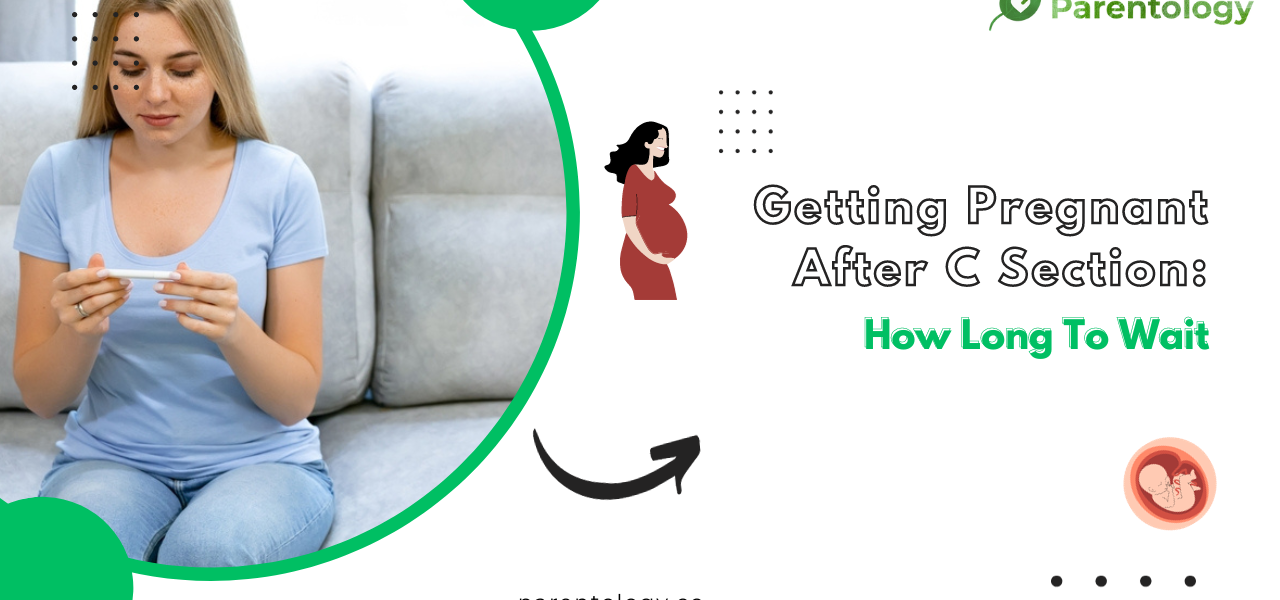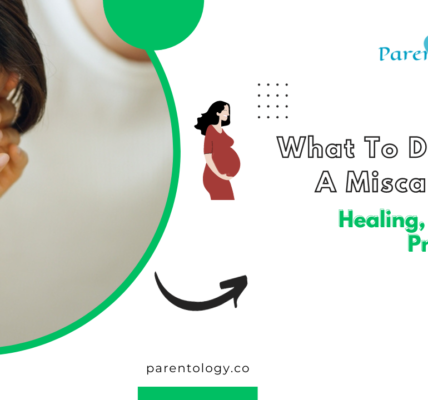Pregnant After a C-Section: Navigating the Journey and Knowing When to Conceive
Bringing new life into the world is a magical experience, and for those who’ve had a C-section, the journey to getting pregnant again comes with its own set of considerations. In this comprehensive guide, we’ll explore the intricacies of conceiving after a C-section, addressing the crucial question: How long should one wait?
Understanding the Dynamics
The process of getting pregnant after a C-section involves various factors. Let’s delve into these aspects for a better understanding:
1. The C-Section Healing Phase:
- The body needs time to recover after a C-section.
- Health professionals generally recommend waiting 18–24 months before attempting to conceive again.
- This timeframe allows for proper healing and reduces the risk of complications.
2. Factors Influencing Conception:
- Individual health, age, and overall well-being play pivotal roles.
- Consult with your healthcare provider to assess your personal readiness for another pregnancy.
The Optimal Waiting Period
1. Power of Patience:
- Patience is key; rushing into another pregnancy may compromise maternal and foetal health.
- Wait until both physical and emotional aspects align for a smoother journey.
2. Positive Mindset:
- Maintaining a positive mindset aids in reducing stress and fostering a healthier environment for conception.
Key Considerations
1. The Role of Scar Tissue:
- The C-section scar may impact fertility; consult with a specialist if concerns arise.
- Medical interventions can address scar tissue issues.
2. Nutrition and Exercise:
- Adopting a well-balanced diet and regular exercise routine enhances overall fertility.
Exploring Preconception Care: Setting the Stage for a Healthy Pregnancy
Preparing Mind and Body
1. Mindful Preconception Planning:
- Engage in preconception care to optimise your health before conceiving.
- Discuss family planning goals with your healthcare provider for personalised advice.
2. Mental Well-Being:
- Prioritise mental health; stress reduction techniques and counseling can be valuable tools.
- Positive mental well-being contributes to a more harmonious pregnancy journey.
Fertility Tracking and Support
1. Leveraging Fertility Tracking:
- Use fertility tracking methods to identify ovulation and increase the chances of conception.
- Consult with your healthcare provider for guidance on effective tracking strategies.
Navigating Potential Risks
1. Consultation with Healthcare Provider:
- Regular check-ups with your healthcare provider are crucial for monitoring your overall health.
- Address any concerns promptly to minimise potential risks during pregnancy.
The Role of Partner Support and Creating a Supportive Environment
Partner Involvement
1. Shared Responsibility:
- Involve your partner in the preconception journey; shared responsibilities create a supportive foundation.
- Open communication fosters a united front in preparing for another pregnancy.
2. Emotional Support:
- Emotional well-being is vital for both partners; lean on each other for support during the preconception and pregnancy planning phases.
- Attend support groups or counselling if needed to strengthen the emotional bond.
Lifestyle Modifications
1. Holistic Well-Being:
- Embrace a holistic lifestyle by incorporating healthy habits, stress-reducing activities, and a positive mindset.
- Balance work, personal life, and self-care to ensure overall well-being.
Nutrition and Supplementation
1. Nutrient-Rich Diet:
- Prioritise a diet rich in essential nutrients for both partners; consider consulting a nutritionist for personalised dietary plans.
- Folic acid supplementation is often recommended during preconception to reduce the risk of neural tube defects.
Continuing Medical Guidance
1. Regular Check-Ups:
- Sustain regular check-ups with healthcare providers to monitor progress and address any emerging concerns.
- Stay proactive in managing your health to optimise your chances of a healthy pregnancy.
Exploring Advanced Fertility Options and Seeking Specialist Guidance
Advanced Fertility Considerations
1. Advanced Maternal Age:
- For those considering pregnancy after the age of 35, seeking a fertility consultation may be beneficial.
- Fertility declines with age, and additional interventions may be explored to enhance conception.
2. Fertility Specialist Consultation:
- If challenges arise in conceiving, consulting a fertility specialist is a proactive step.
- Specialists can conduct tests, provide insights into potential issues, and offer tailored solutions.
Understanding Potential Risks
1. Uterine Rupture Awareness:
- Uterine rupture is a rare but serious complication, especially for those with a previous C-section.
- Be aware of the signs and symptoms and discuss risk factors with your healthcare provider.
2. Placenta-Related Complications:
- Previous C-sections may increase the risk of certain placenta-related complications.
- Regular monitoring during pregnancy is crucial to detecting and managing these issues.
Emotional Preparation
1.Counseling Support:
- Seeking counselling support is valuable for emotional preparation.
- Discussing fears, anxieties, and expectations can help foster a positive mindset.
FAQs (Frequently Asked Questions)
1: How long should I wait before trying to get pregnant again after a C-section?
- Health professionals recommend waiting 18–24 months for optimal recovery.
2: Can scar tissue from a C-section affect fertility?
- Yes, scar tissue may impact fertility; consult with a specialist for guidance.
3: Are there any specific exercises to support fertility after a C-section?
- Engage in regular moderate exercises and focus on a nutrient-rich diet.
4: How can I ensure a healthy pregnancy after a C-section?
- Prioritise preconception care, attend regular check-ups, and maintain a positive mindset.
5: Are there medical interventions available for scar tissue issues?
- Yes, medical interventions exist; consult with your healthcare provider for personalised advice.
6: Can emotional well-being impact fertility after a C-section?
- Yes, a positive mindset contributes to a healthier conception journey.
7: Are there any specific risks associated with getting pregnant after a C-section?
- Risks may include uterine rupture and placenta-related complications; consult with your healthcare provider.
8: How does age affect the decision to conceive after a C-section?
- Advanced maternal age may necessitate careful consideration; consult with a fertility specialist.
9: Should I consult with a healthcare provider before attempting to conceive again?
- Yes, a healthcare provider can assess your readiness and provide personalised guidance.
10: Can I use fertility tracking methods after a C-section?
- Yes, fertility tracking can be beneficial. Discuss suitable methods with your healthcare provider.
Conclusion: Embracing the Next Chapter
In conclusion, the journey to getting pregnant after a C-section involves a delicate balance of physical healing, emotional readiness, and personalised considerations. By understanding the optimal waiting period and addressing key factors, you pave the way for a joyful and healthy parenthood journey.
Remember, each individual’s experience is unique, so consult with your healthcare provider for personalised advice. As you embark on this exciting chapter, embrace the beauty of the journey and the potential for new beginnings.
For more insights and information on pregnancy, visit Parentology—your trusted resource for parental guidance and support.




